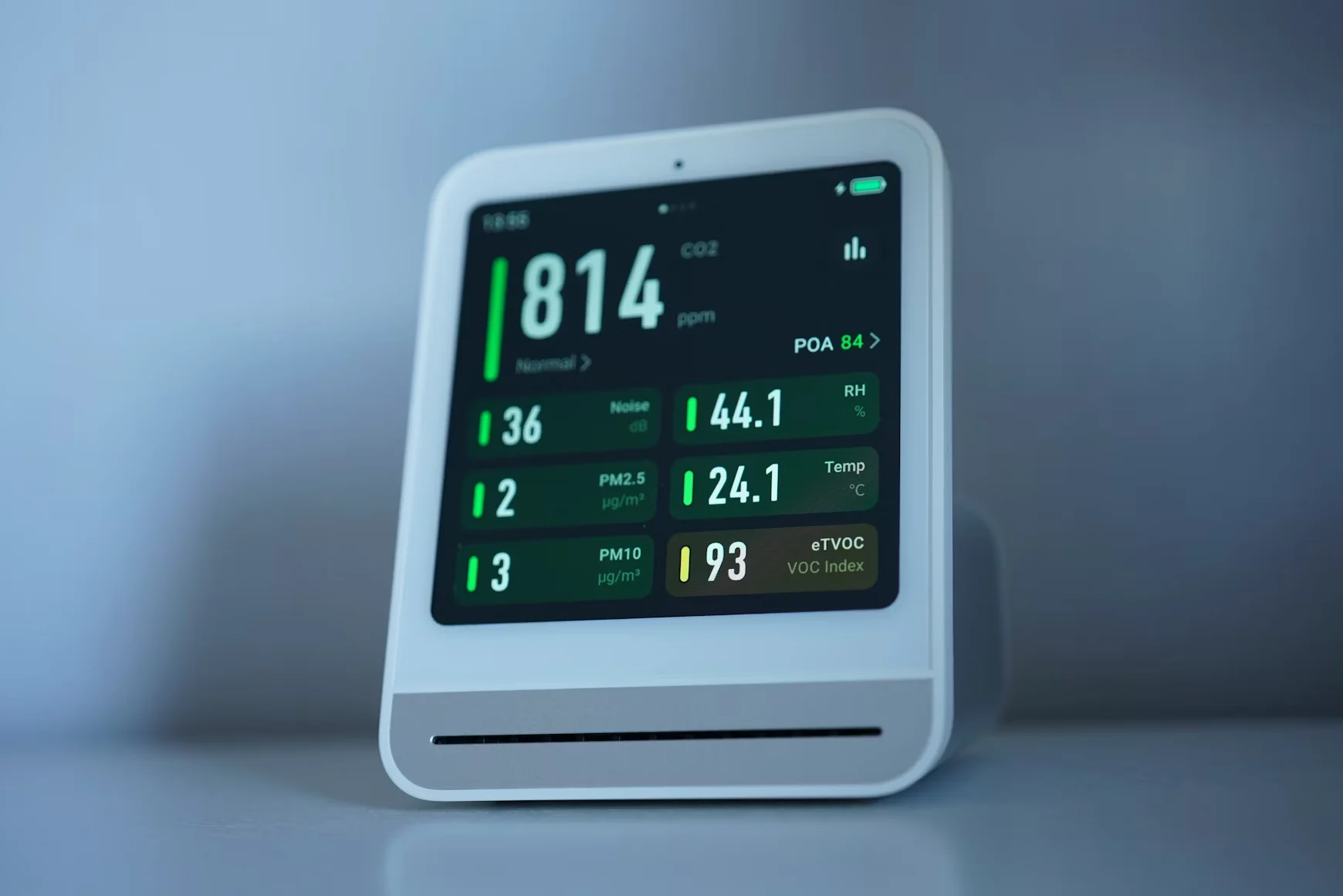
Choosing the Best Medical Alert System: A Guide for Your Lifestyle
Navigating the world of medical alert systems can feel overwhelming, but finding the right device is a crucial step toward maintaining independence and ensuring peace of mind for you and your loved ones. The best system isn't a one-size-fits-all solution; it's one that seamlessly integrates with your daily life, activity level, and budget. This guide will walk you through the essential factors to consider, providing a clear path for how to choose a medical alert system that offers reliable protection and confidence.
Step 1: Assess Your Lifestyle and Needs
The first step is to honestly evaluate your daily routine. Are you mostly at home, or do you have an active, on-the-go lifestyle? If you spend most of your time in and around your house, a traditional in-home system may be sufficient. These typically have a base station connected to your landline or a cellular network, with a wearable button that works within a specific range. However, if you frequently drive, garden, visit friends, or travel, a mobile system with GPS technology is essential. These devices work anywhere with a cellular signal, providing protection no matter where your day takes you.
Step 2: Identify Must-Have Features
Once you know whether you need an in-home or mobile device, it's time to consider specific features. Automatic fall detection is one of the most important innovations, as it can sense a fall and automatically call for help even if you can't push the button. Other key features include the device's battery life, water resistance for use in the shower, and the quality of the 24/7 monitoring center. A top-tier system will have a highly-trained, US-based response team that can quickly assess your situation and dispatch the appropriate help.
Step 3: Understand the Costs and Contracts
Budget is a significant factor in any decision. Medical alert system pricing generally consists of an initial equipment fee (though some companies waive this) and a recurring monthly monitoring fee. Be wary of hidden costs like activation or cancellation fees. Look for providers with transparent pricing and flexible, month-to-month contracts rather than long-term commitments. While cost is important, don't let it be the only deciding factor. The reliability and features that match your lifestyle are what truly provide value and security.
Making the Final Choice
Knowing how to choose a medical alert system is about matching technology to your individual needs. By considering your lifestyle, prioritizing essential features, and understanding the associated costs, you can make an informed decision. The next step is comparing the top brands and their specific offerings. Our detailed reviews break down the pros, cons, and unique features of the leading systems on the market, helping you confidently select the perfect device for your safety and independence.






